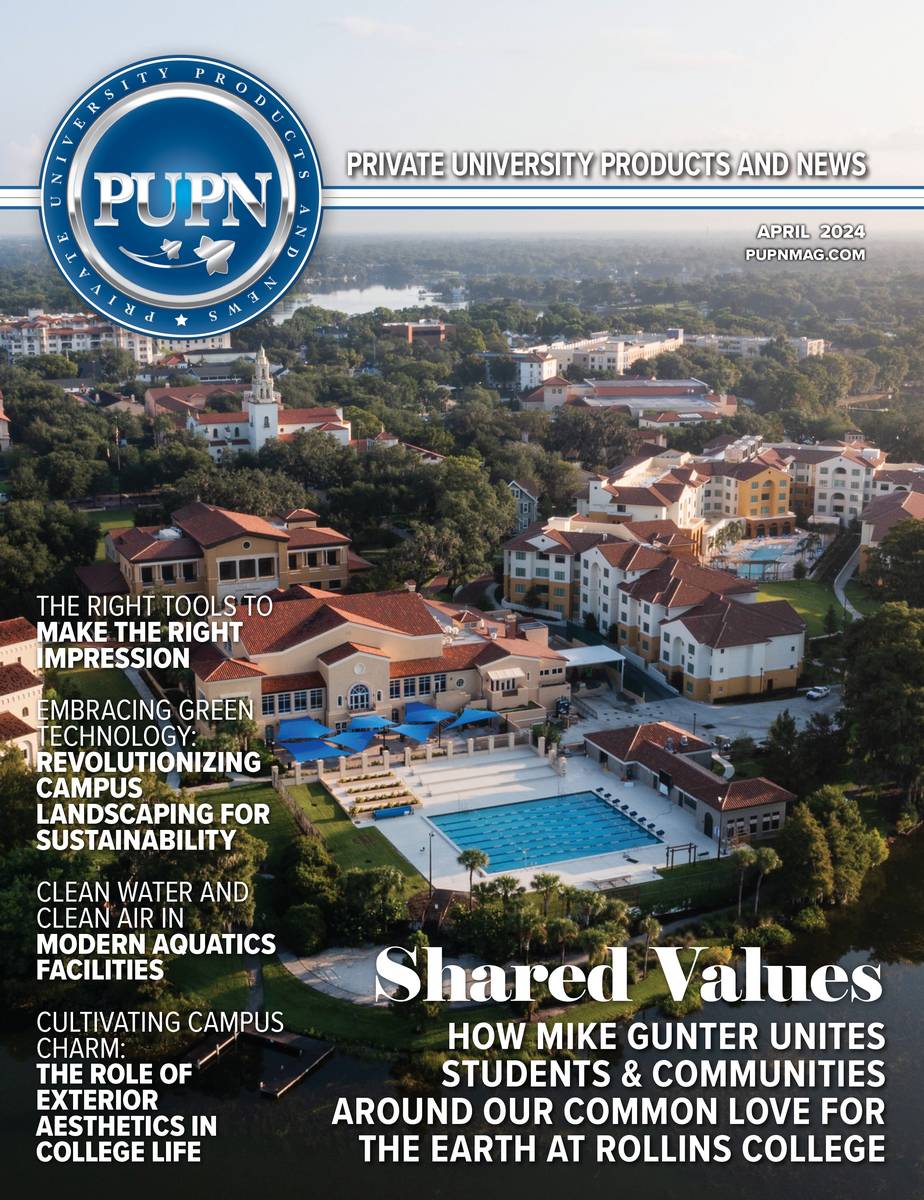Despite distractions of the pandemic along with parenting a small child, Batkie is still developing a wide variety of projects. Betsy Sandlin—Associate Dean for Inclusion and Faculty Development, Professor of Spanish, and co-director of the Center for Teaching at The University of the South—admires the ways that Batkie continues to keep herself interested in her research. Sandlin notes that Batkie constantly explores new ideas and areas of inquiry, producing “innovative stuff.”
In one project outside of her usual research scope, Batkie is part of the editorial team for the forthcoming A Companion to New Critical Thinking on Chaucer, based on a key words model which focuses on the language of the texts via a variety of theoretical approaches. In her individual scholarship, Batkie spends most of her time with Latin or Anglo-Latin texts, currently working with Walter of Peterborough’s late 14th century text, “Expedition into Spain,” commemorating the Battle of Najéra. In one of many additional current projects, she and her spouse are finalizing a book-length translation of Gower’s in Vox Clamantis II.
Transformative Pedagogy
Batkie sees her classrooms as spaces where students can explore key issues such as race, identity, and politics, using the vehicle of medieval studies to do so. Batkie strives to decolonize her syllabi by focusing mainly on scholarship by women, trans and POC scholars, thereby diversifying the voices that can be seen as having access to the texts by authors like Ovid, Virgil, and Chaucer. In these ways, she helps her students from all backgrounds to explore what diversity and inclusion can look like when studying the medieval. Batkie is interested in exploring these questions in her field because, as she says, there are so many threads of the medieval that we are still living in—and understanding that reality can trouble the students’ assumptions about of the myth of progress.
One way that Batkie enjoys upending some of her students’ ideas about the present is by teaching her survey classes backwards from the present day, saying that doing so opens a host of questions about current times. While many aspects of the medieval are quite different from today, people living then had a sense of apocalypticism; Batkie notes that many in those times also thought they were living at the end of the world.
In striving to diversify the ways that the syllabus works for different people, Batkie aims to make space for different kinds of pleasures, which she says can lead to students feeling a relationship with the texts. Noting that her approach differs from “literary appreciation” and “author worship,” Batkie strives to develop in her students “a cultivated diversity of pleasure,” listing myriad ways that readers can take pleasure in texts—pleasure in beauty, form, connection, conversation, discovery, attention, escape, humor, and even of dislike!
Batkie’s students say that her pedagogy is life-changing. Claire Crow, an English Major with minors in French and Medieval Studies, chose to pursue medieval studies after taking Batkie’s “Roots of Western Literature” class. As a sophomore, Crow took Batkie’s Chaucer class, calling it “transformative” and her “favorite class ever.” Even though it sounded daunting, with a reputation for being one of the hardest classes in the department, Crow enrolled. She says they dove right into Middle English, and her week “was structured around this demanding writing schedule.”
One particular method Crow appreciates is Batkie’s habit of mapping everyone’s insights on the board, then connecting those insights to established scholarship in the field. Crow says that “she would let us figure out our ideas, then connect them to the larger picture.” This strategy is one of many ways that Batkie helps her students to develop their relationships to the texts and to her field.
One of Batkie’s biggest strengths as a professor lies in developing genuine relationships with her students, paying attention to their individual needs and interests. Zac Engledow, Associate Instructor of English at Indiana University Bloomington and third-year PhD student, also uses the word “transformed” to describe his experience in another semester of Batkie’s Chaucer class. Engledow says that his current research interests began because of Batkie’s support. During the term, Engledow asked Batkie, “What does this period have to say about queerness?”
She not only took his question seriously; she provided scholarship and resources. “That impacted me,” Engledow says, “she was really listening and attentive to what I was interested in.” As they both recognized that Engledow would continue to pursue this area of inquiry, Batkie even ordered new books for the campus library to support his research interests. This sort of individualized interest exemplifies Batkie’s approach to working with students.
Grading and… Excitement?
Batkie’s support of those around her extends far beyond her own classes and students. Recently, Batkie has also been focusing on helping faculty across campus think about student assessment in different and more rewarding ways.
Batkie has stopped grading papers. Instead, she employs a revised Oxford tutorial model, working with each student to construct an individualized plan of study. Her students bring their papers to her office, and they read, discuss, and decide on revisions and grading together. The goal is to help students develop their own voices to best present their arguments. At the end of the semester, she grades their progress across five key areas, producing what is functionally a form of specifications grading in which the instructor assesses whether the student has met certain specifications for the class. This sort of grading is often used in the social sciences and math to ensure the students have mastered a certain number of skills.
These strategies can take some adjustment. Crow says it was intimidating at first to attend the weekly individual meeting with Batkie in which they discussed Crow’s writing and negotiated her grades. However, Crow continued taking Batkie’s classes largely because of this model.
Mainly due to multiple workshops Batkie has offered on the subject, faculty members across campus are taking up her approach. Sandlin says that Batkie is “super-generous” in sharing her teaching methods with faculty, regularly developing and offering programs through the campus center for teaching. For example, in Summer 2020, Batkie offered a two-week faculty development workshop entitled “It Doesn’t Have to Be This Way: Rethinking Grading and Assessment in Hybrid Course Design” to help faculty understand how to save time grading, with particular attention to the exigencies of working with students during the pandemic.
This workshop received “rave reviews,” Sandlin says, noting that her approach has inspired faculty members across the campus, many of whom are now excited to grade using Batkie’s version of specifications grading. These professors can see their students improving. As Sandlin says, the “joy came back” for teaching; “We’re seeing transformative pedagogies because of her.”
Thinking about Others
Batkie is a powerhouse of innovation—constantly exploring and refining approaches that facilitate deeper learning, analysis, and pleasure. Because of her profound belief in the “spirit of community,” she works tirelessly to ensure that her work reaches as many people as possible. In describing Batkie, Sandlin returns to the word “generous,” saying that Batkie wants others to benefit from her scholarship and work.
Batkie’s attention to inclusivity is apparent in her work as Director of Sewanee’s Writing Across the Curriculum program, as well. Along with the writing center tutors, Batkie works to expand the offerings for students who are learning English as an additional language. Batkie is exploring effective strategies for working with this population in addition to thinking about linguistic diversity—what it means to talk about “standard English.”
Batkie supports her students outside of class work, too. She encouraged Crow to apply for a semester abroad at Oxford. As a first-generation student, Crow didn’t think she would be accepted, but she was and attended the program in Spring of 2020. While she was “devastated” to leave when the pandemic hit, she was able to finish the semester remotely. Batkie checked in on Crow all summer, pushing Crow to think about her grad school plans. As Crow says, Batkie has extended such individual support since her dad passed away suddenly during her freshman year. They are working together to develop Crow’s application materials for graduate school.
Batkie continues to innovate ways to connect with students remotely. In this semester’s “Literary Criticism” class, she has developed a model that requires students to engage, even though they are meeting online. Once a week, Crow says, they meet as a class to discuss theory, then smaller groups meet another time a week to apply those theories to a specific text, with each student assigned an individual research responsibility.
Despite her wide variety of accomplishments and innovations in scholarship and pedagogy, Batkie stays focused on her primary academic love when pressed. While many of us would be happy to achieve Batkie’s scholarly work ethic or engage in her inventive teaching methods, she urges others to develop an additional pleasure in life, offering this final advice: “Read more medieval Latin!”










